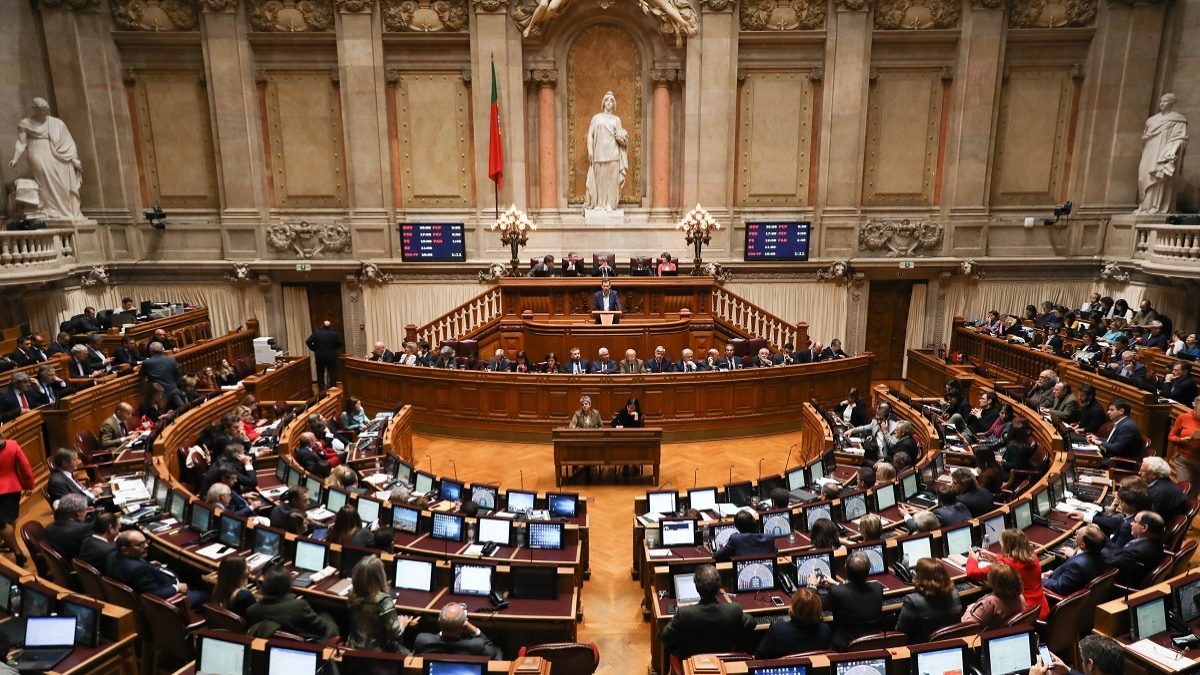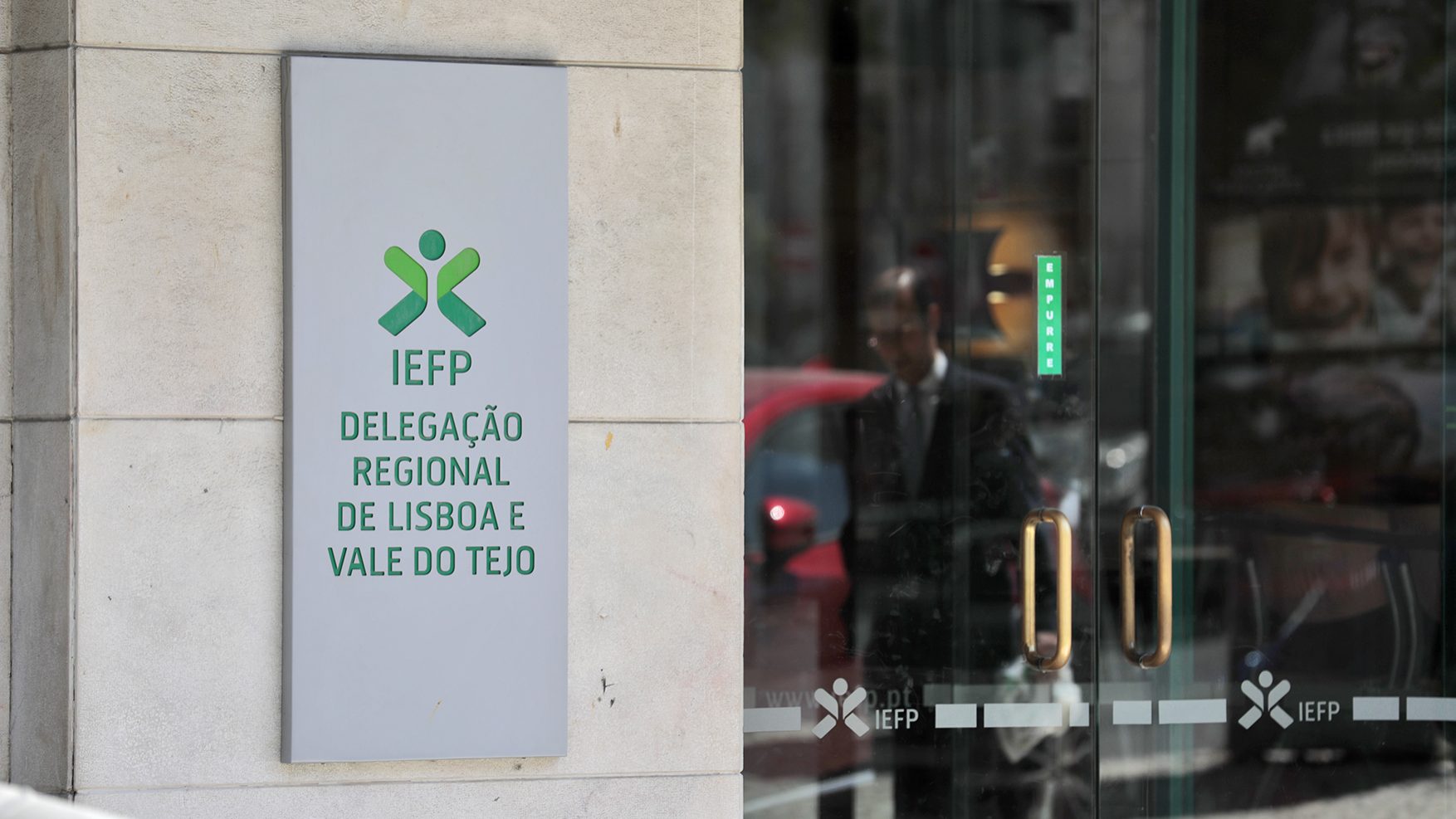Macroeconomic scenario enables Portugal to ‘return to normality’, Centeno says
Portugal’s finance minister, Mário Centeno, said on Wednesday in Lisbon that the country’s macroeconomic scenario enabled Portugal to “return to normality” without compromising the future.
Centeno was referring to the measures introduced by the minority Socialist government to roll back austerity after the financial crisis, including reversing income cuts and reducing working hours.
“This has been possible because the macroeconomic scenario has allowed us to introduce measures that were not contemplated,” he said, at the opening of the 10th National Congress Public Administration.
Centeno added that the “measures have to be applied with a sense of responsibility so as to not compromise the future of civil servants and employees with fast decisions.”
“The measures must be sustainable so that the public administration is not mortgaged again in future,” he said.He also highlighted the importance of a system “of incentives” to improve productivity and the performance of services to reduce expenses and raise efficiency.
Portugal’s Socialist government in 2015 cast aside harsh austerity measures imposed by lenders under a €78 billion bailout programme. The government has since raised public salaries and pensions and restored holidays.
The Socialist government expects the country’s Gross Domestic Product (GDP) to grow by 2.2% next year, the unemployment rate to be around 6.3% and public debt to drop to 118.5% of GDP, while promising civil servants higher pay and raising social benefits.
The draft budget also projects a budgetary deficit of 0.2% of GDP next year and 0.7% of GDP this year.
Other measures in next year’s budget proposal include reducing tuition fees in higher education, unfreezing civil servants’ career progression, raising public pensions and slashing income tax for emigrants returning to Portugal by 50%.
Portugal has seen strong recovery since the 2011-2014 financial crisis, with the economy supported by foreign investment, tourism and rising exports.
LUSA




